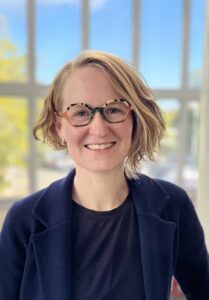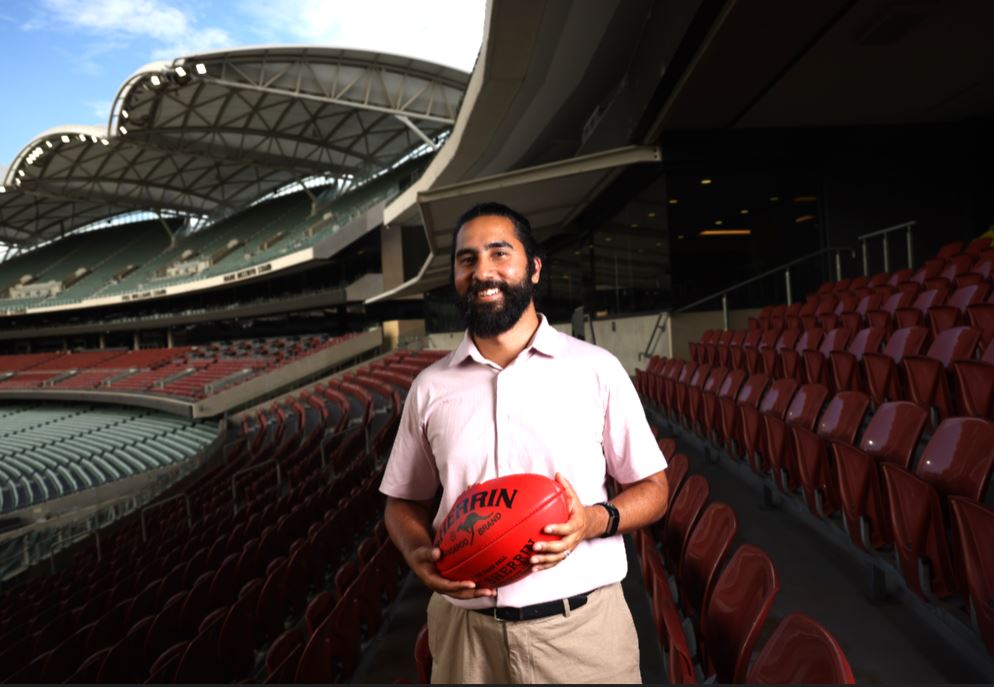
Four Flinders University early and mid-career researchers have been recognised as future science leaders for their outstanding research and science communication after being named in the South Australian Young Tall Poppy Science Awards for 2024.
Clinical epidemiologist Associate Professor Amy Reynolds, exercise physiologist Dr Matthew Wallen, criminologist Dr Simone Deegan, and dietitian Dr Brittany Johnson have won a Young Tall Poppy Award.
Flinders has scooped up four of the eight awards that recognise outstanding research by young scientists and science communicators this year.
Deputy Vice-Chancellor (Research) Professor Raymond Chan congratulated the four Tall Poppy winners on being recognised for their outstanding research achievements and dedication to promoting science.
“As emerging leaders in their fields, our four Tally Poppy recipients are encouraging science participation and increasing understanding and passion for Flinders research in the broader community, so we can all share in the benefits of scientific discovery.”
“Their achievements as science communicators mirror our impressive research growth trajectory – over the last 5 years Flinders’ research income has grown by over 140%, and our researchers’ passion for community engagement is ensuring that the broader public joins us on the journey towards future discoveries that improve lives.”
Associate Professor Amy Reynolds

Associate Professor Amy Reynolds is the co-lead of insomnia, shift work and body clock disruption research at FHMRI Sleep Health. Her research program focuses on sleep disorder care for shift workers, and especially for our emerging workforce, as 1 in 5 young Australian adults aged 18-30 live with a sleep disorder, and 80% are undiagnosed and unmanaged.
This is a particular problem for the 25% of the population who work shift work. “My research shows that sleep disorder symptoms are often dismissed as a consequence of shift workers’ work schedules rather than an independent issue – so diagnosis and treatment are delayed. The consequences are serious – many report safety-related events like falling asleep at work, or at the wheel. By middle age, the rate of sleep disorders among shift workers doubles to over 40%.”
“I am passionate about preventing the huge rise in sleep disorders we see from early adulthood to middle age, and making sure our young workforce know they have options to improve their sleep. I am leading an Australian-first trial on early screening, and management for our future healthcare workforce – to make sure we tackle sleep problems early. My aim is to shift the focus from treatment to prevention and early intervention so we can ultimately reduce the health and safety burden.”
Associate Professor Reynolds’ research was showcased in the three-part SBS documentary ‘Australia’s Sleep Revolution,’ which aired nationally earlier this year.
“This Tall Poppy Award is such an important opportunity to keep this critical momentum with community and government awareness of the need to prioritise sleep in Australia.”








